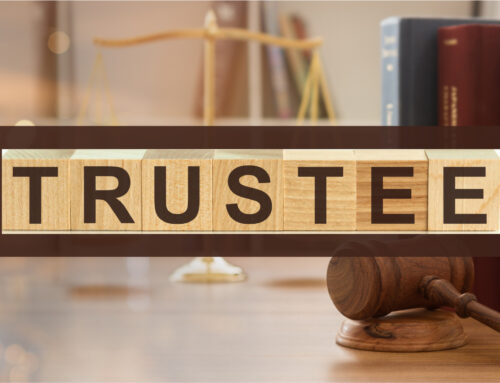Sam’s stroke left him unable to make responsible decisions or manage his own affairs. Sandy, his wife, was shocked to find she had no authority to sign Sam’s name, manage his business, sell their joint property, and admit Sam to a nursing home. How does she get the legal authority she needs?
These arrangements allow a person to manage the affairs of another:
1. Power of Attorney. This is a written document signed by one person giving another the right to sign his name and make certain financial decisions. The person giving the power must have the mental capacity to make responsible decisions when he or she signs it. All powers of attorney expire on the death of the person signing them, and most are not valid when the person who signed it is no longer able to make his own decisions.
2. Durable power of attorney. This is a special power of attorney that remains valid after the person who signed it is no longer capable of making his own financial decisions.
3. Health care power of attorney. This appoints another person to make health care decisions such as changing physicians and deciding which care to accept. In Utah, this is part of a Utah Advance Health Care Directive, a combined health care power of attorney and living will.
4. Guardianship. A guardian is a person appointed by a court to manage the personal affairs of another (called the “ward.”) The guardian has legal custody of the ward and decides living arrangements, medical decisions, and other personal matters. A guardian his limited power to collect and manage the property of the ward, but cannot sell the property without a court order.
5. Conservatorship. A conservator is a person appointed by a court to manage the money and property of another (called the “protected person.”) The conservator has broad powers to buy, manage and sell the property without court orders.
6. Trust. A trust is an agreement by one person to accept property and hold it for another. The person who holds the property (called the “trustee”) has the powers contained in the trust agreement, which usually gives broad powers to hold, manage, sell and give the property to the creator’s heirs after death.
A basic estate plan will include a durable financial power of attorney, a durable medical power of attorney, and a revocable trust. These documents would have given Sandy all the authority she needs to manage Sam’s affairs. Unfortunately, Sam is no longer able to sign these documents because his stroke left him unable to make responsible decisions. Now, Sandy needs to be appointed as Sam’s court appointed Guardian and Conservator.
By Jack Helgesen ( Originally Published January 1, 2010 in Simply Seniors Magazine)



Leave A Comment